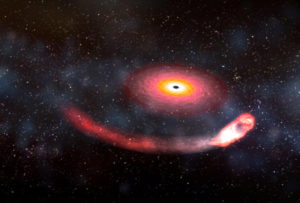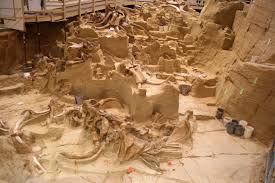 NASA is now confirming the existence of Planet Nine, and believes that they are getting closer to locating it. However, they deny claims by conspiracy theorists that it is likely to crash into the Earth.
NASA is now confirming the existence of Planet Nine, and believes that they are getting closer to locating it. However, they deny claims by conspiracy theorists that it is likely to crash into the Earth.
Experts from Caltech first suggested the existence of a ninth (non-dwarf) planet back in 2014, and it has been the subject of debate ever since. Caltech planetary astrophysicist Konstantin Batygin says that evidence has only been mountain in the ensuing years.
“There are now five different lines of observational evidence pointing to the existence of Planet Nine,” he claimed in a press release from NASA’s Jet Propulsion Laboratory about the issue. He and his colleague Mike Brown proposed three of them back in 2016, while two are from graduate student Elizabeth Bailey.
The concept of this ninth planet was first devised in order to explain the odd orbits of some of the small, icy minor planets on the edge of the solar system. The theory states that it would be about four times the size of the Earth and have about ten times as much mass.
Among the other evidence for Planet Nine’s existence is the tilting of the solar system’s planets and the fact that objects in the Kuiper Belt orbit in the opposite direction as every other planet and object in the solar system.
In particular, the updated version of Batygin and Brown’s paper says that they now believe that they have defined Planet Nine’s exact orbit and behavior, not merely discovered evidence of its existence.
Planet Nine has yet to actually be seen by anyone, though. There was a false alarm about its discovery in June, however, and in April amateur astronomers discovered four potential candidates.
The idea that Planet Nine will collide with Earth hearkens back to the old pseudoscientific theory of Nibiru, a supposed planet which author Zecharia Sitchin based on an unconventional reading of Sumerian mythology. Among his claims was that Nibiru had an elongated orbit that would bring it close to the Earth every 3,600 years; though he never claimed that it would hit our planet, his ideas later became mingled with those of Nancy Lieder, a self-described alien contactee, who said that an object would sweep through the inner solar system and disrupt Earth’s magnetic poles.
NASA insists that this new planet, which has no official name, is fully expected to stay far away from the Earth.











